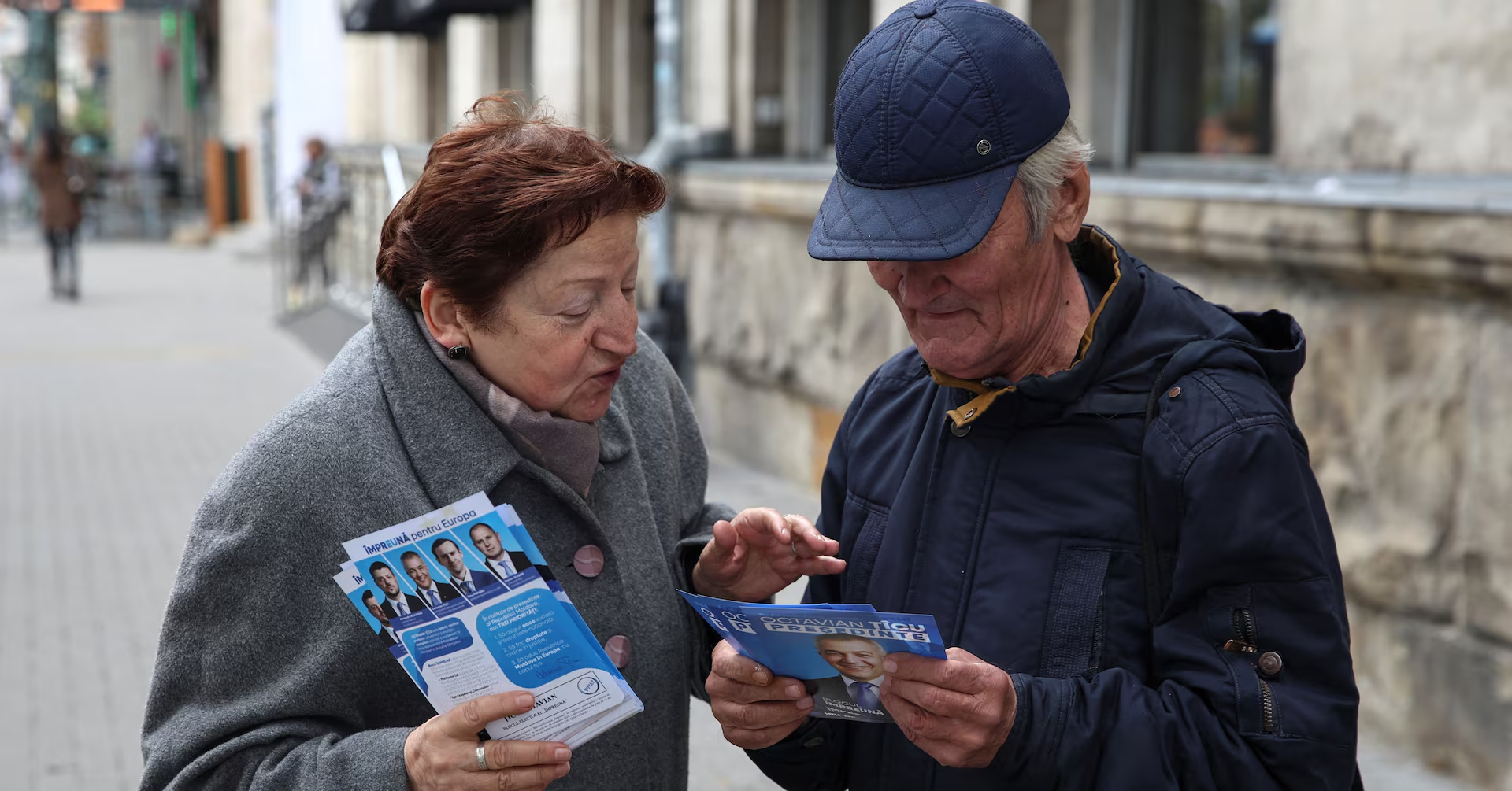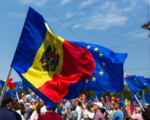In the lead-up to key elections in Moldova, customs officers at Chisinau Airport have been on high alert, using sniffer dogs to search for evidence of Russian interference. Ami, a black retriever, has been giving each suitcase a thorough check, and in recent months, large sums of cash have been seized from passengers returning from Moscow. Many of these individuals had never traveled abroad before, but they came back from Russia with thousands of euros, raising suspicions of election meddling.
The influx of money is believed to be part of a larger operation orchestrated by Ilan Shor, a Moldovan oligarch convicted of major fraud and now residing in Russia. His aim: to sway the outcome of Moldova’s elections. Flights from high-risk routes like Moscow-Istanbul-Chisinau are now met with sniffer dogs, and many passengers undergo additional baggage scans. In one day alone, authorities seized $1.5 million, with no one coming forward to claim the cash.
Moldova is heading to the polls with two important votes: a presidential election in which the pro-European Union incumbent Maia Sandu faces 10 challengers, many with pro-Russian sympathies, and a referendum on enshrining the country’s EU accession goals into the constitution. President Sandu, who has shifted Moldova sharply towards the West since Russia’s invasion of Ukraine, has accused Moscow of trying to undermine the country’s political stability. Sandu’s opponents, some of whom advocate for closer ties with Moscow, have drawn voters into a tense East-West political tug-of-war.
Chief anti-corruption prosecutor Veronica Dragalin, who has been investigating the illicit financial flows, revealed that a sophisticated cash-for-votes scheme was traced back to Shor. Moldovan authorities discovered that the cash was funneled through a sanctioned Russian bank, PSB. Dragalin disclosed evidence gathered through wiretaps and witness statements that indicated about 130,000 Moldovans—around 10% of the active electorate—had received payments through this operation.
The scheme allegedly aims to derail the referendum on EU accession. Shor has openly campaigned against Moldova’s EU aspirations, calling for voters to reject the constitutional amendment and support a president of his choosing. Despite his conviction for money laundering and embezzlement, Shor retains significant influence in parts of Moldova, including the autonomous region of Gagauzia, where pro-Russian sentiment remains strong.
Gagauzian deputy governor Ilya Uzun, a staunch supporter of Shor, downplays allegations of Kremlin interference. He dismisses Shor’s conviction as politically motivated and claims that the oligarch’s generous financial contributions to the region have won him overwhelming local support. Shor’s party has been banned in Moldova, and he remains under Western sanctions, but his influence persists, particularly in regions where Russian media dominates and anti-EU sentiment is high.
In Gagauzia, Shor’s investments in infrastructure, such as road improvements and pensions top-ups, have further cemented his popularity. Uzun proudly points to a newly built children’s fairground as an example of Shor’s impact, claiming that people in the region will vote as Shor directs, not for money but because they trust him.
As Moldova’s election campaign reaches its final stages, President Sandu continues to advocate for a pro-EU future. At a rally in Telenesti, she urged her supporters to vote in favor of the referendum and maintain Moldova’s European course. Describing the campaign as one marred by “lies and dirty money,” Sandu implored voters to resist efforts to derail Moldova’s path toward the EU.











